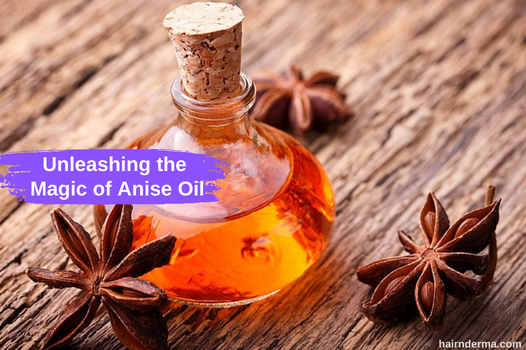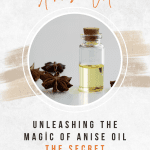In the expansive world of essential oils, few stand as versatile and potent as anise oil. Derived from the seeds of Pimpinella anisum, anise oil boasts a rich history, distinguished by its array of health benefits and unique applications.
Unveiling the aromatic essence of Pimpinella Anisum
Renowned for its distinctively sweet and aromatic profile, this essential oil has been utilized for centuries across various cultures.
It is meticulously extracted from the seeds of the Pimpinella anisum plant, an annual herbaceous native to the eastern Mediterranean region and Southwest Asia. The process involves steam distillation, which ensures that the essential constituents of the oil remain intact.
This aromatic this essential oil forms the basis of numerous traditional and modern medicinal practices and culinary exploits, making it an ingredient worth exploring.
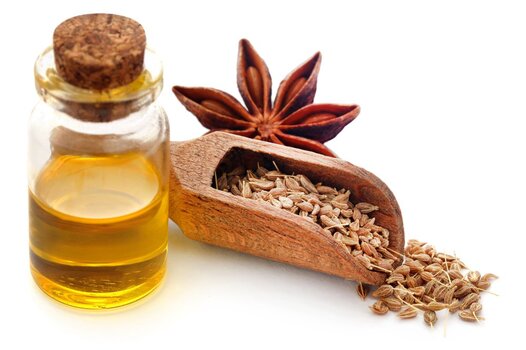
Pimpinella Anisum: A historical perspective
Anise seed oil dates back to ancient civilizations, where it was valued for its therapeutic properties. Pimpinella anisum has long been recognized in traditional herbal medicine, with this essential oil used to alleviate various ailments.
But it isn’t just history that celebrates this oil; modern science corroborates its health benefits, underscoring its effectiveness in many applications.
Anise Seed Oil: A powerhouse of health benefits
Anise seed oil is much more than just a pleasing aroma. It’s an agent of health with numerous benefits that contribute to overall well-being. Here are some areas where this fascinating oil shines.
1. Digestive aid
For generations, this essential oil has been a trusted ally for digestive health. Its carminative properties help alleviate digestive issues, promoting regularity and offering relief from discomfort.
2. Respiratory support
Anise seed oil’s expectorant properties make it beneficial for respiratory health. It can help loosen mucus in the throat and lungs, thus facilitating easier breathing.
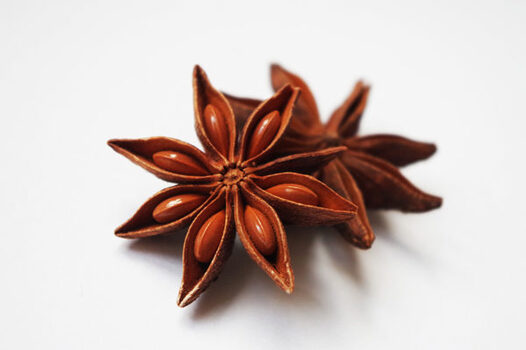
3. Antiseptic properties
Rich in antiseptic properties, anise seed oil can help protect wounds against infections, fostering faster healing.
4. Enhancing skin health
Thanks to its antioxidant-rich profile, this essential oil can help improve skin health, combatting signs of aging and promoting a healthy, radiant glow.
Utilizing anise oil in everyday life
Integrating anise oil into your daily routine can be incredibly straightforward. Its versatility extends from the kitchen to your wellness regimen, making it an essential part of a health-conscious lifestyle.
1. Aromatherapy
The sweet, comforting scent of this seed oil is a popular choice in aromatherapy. Its calming effect can help reduce anxiety and promote a more relaxed mind.
2. Skincare
Integrating this essential oil into your skincare routine can revitalize your skin, thanks to its antioxidant properties.
3. Culinary uses
The unique flavor of anise seed oil makes it a favorite addition to various cuisines, especially in baked goods and liquors.
4. Natural remedy
This essential oil can be a valuable addition to your natural remedy arsenal for digestive issues, respiratory conditions, or wound care.
Understanding the benefits and uses of anise oil is the first step towards a more holistic approach to health and wellness. Extracted from the seeds of Pimpinella anisum, this oil is a gift from nature and a testament to the ancient wisdom that continues to benefit our lives.
Its various applications, from medicinal to culinary, make this essential oil a staple in every home. However, it is always essential to remember that the best way to use anise oil depends on the purpose it serves for you.
Understanding the safe usage of anise oil
Safety should be a priority when using essential oils; anise oil is no exception. While generally safe for most people, it’s crucial to understand proper usage and possible precautions.
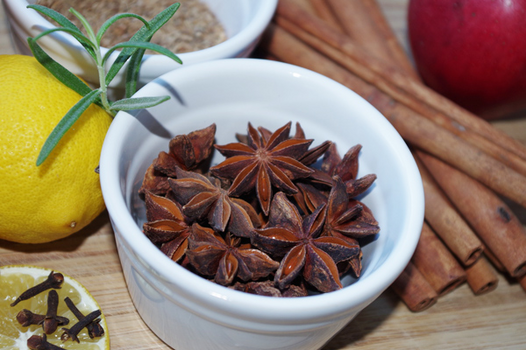
1. Dilution is key
This essential oil is potent and should be diluted with a carrier oil before topical application. It helps prevent potential skin irritation and enhances absorption.
2. Avoid internal consumption unless guided by a professional
While Pimpinella anisum is often used in cooking, consuming this essential oil should be done under professional guidance to avoid potential health risks.
3. Keep out of children’s reach
As with any essential oil, anise oil should be kept out of reach of children.
4. Allergy testing
If you’re trying this essential oil for the first time, doing a patch test is prudent to rule out any potential allergic reactions.
The sustainability aspect of anise oil production
Sustainability is a significant consideration in essential oil production, including anise seed oil. The extraction of this essential oil from Pimpinella anisum must be done responsibly to prevent overharvesting and ensure the plant’s future survival.
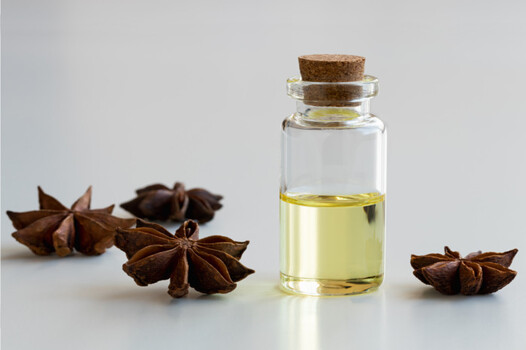
Ethically sourcing and choosing brands that prioritize sustainable practices can contribute significantly to conserving our natural resources.
The bottom line: Anise oil’s role in your well-being
The use of anise oil is a testament to the remarkable versatility of Pimpinella anisum. It serves as an essential piece in the intricate puzzle of holistic wellness, standing tall with its myriad of health benefits and applications.
Whether integrated into your skincare routine, used as a soothing aroma in your living space, or utilized as a natural remedy, this essential oil is more than just an essential oil. It is a bridge between the wisdom of our ancestors and the pursuit of modern well-being.
In a world where wellness often seems complicated, anise seed oil brings us back to the basics — reminding us that sometimes, the simplest ingredients hold the key to profound health benefits. As we continue to uncover the magic of anise seed oil, we are inviting better health and honoring the incredible wisdom of nature encapsulated in each drop of this precious oil.
What is anise oil?
This essential oil is an essential oil derived from the anise plant, specifically from the Pimpinella anisum species. It’s known for its strong, sweet, and spicy flavor, often compared to licorice.
What are the benefits of anise oil?
This essential oil may have various potential benefits. It’s traditionally been used to treat digestive problems, respiratory ailments, and menstrual cramps. Some research also suggests that it may have antimicrobial and insecticidal properties.
How to use anise oil?
This essential oil can be used in several ways, including inhalation, topical application, and ingestion. However, it’s crucial to dilute it properly before use and follow the recommended usage guidelines. Always consult with a healthcare provider before starting any new essential oil regimen.
Where can I buy anise oil?
You can purchase anise oil from health food stores, some supermarkets, or online retailers. Be sure to choose a high-quality, 100% pure oil from a reputable source.
Is anise oil safe?
Anise oil is generally safe for most people when used correctly and in moderation. However, it can cause allergic reactions in some individuals and should be used cautiously during pregnancy and breastfeeding.
Can I cook with anise oil?
Yes, you can cook with anise oil. Its unique flavor is often used in baking and preparing certain drinks. However, be mindful as it is very concentrated and should be used sparingly.
Does anise oil repel insects?
Some studies suggest that anise oil has insecticidal properties and may help repel certain insects, such as mosquitoes and lice.
What is the difference between anise oil and star anise oil?
While both have a similar licorice-like flavor, they come from different plants. Anise oil is derived from the Pimpinella anisum plant, while star anise oil comes from the fruit of the Illicium verum plant.
